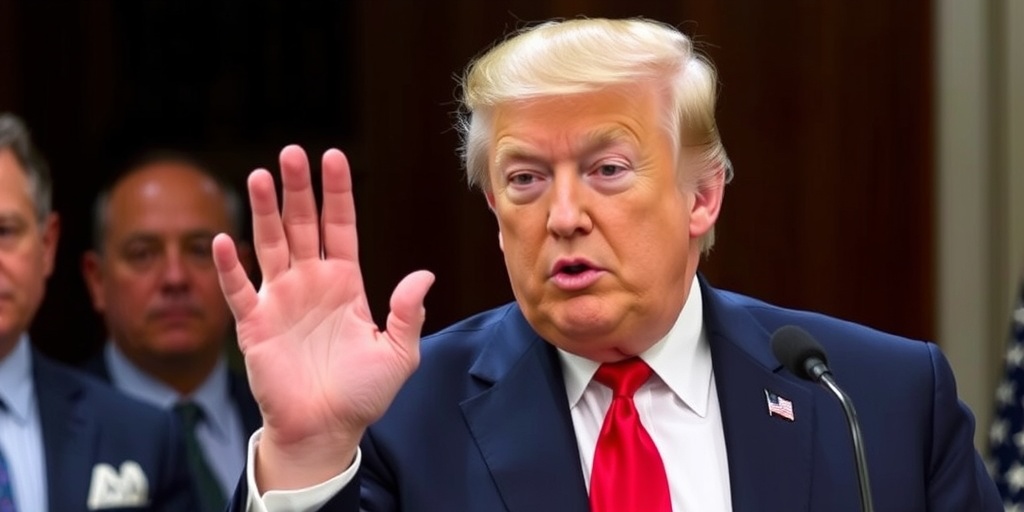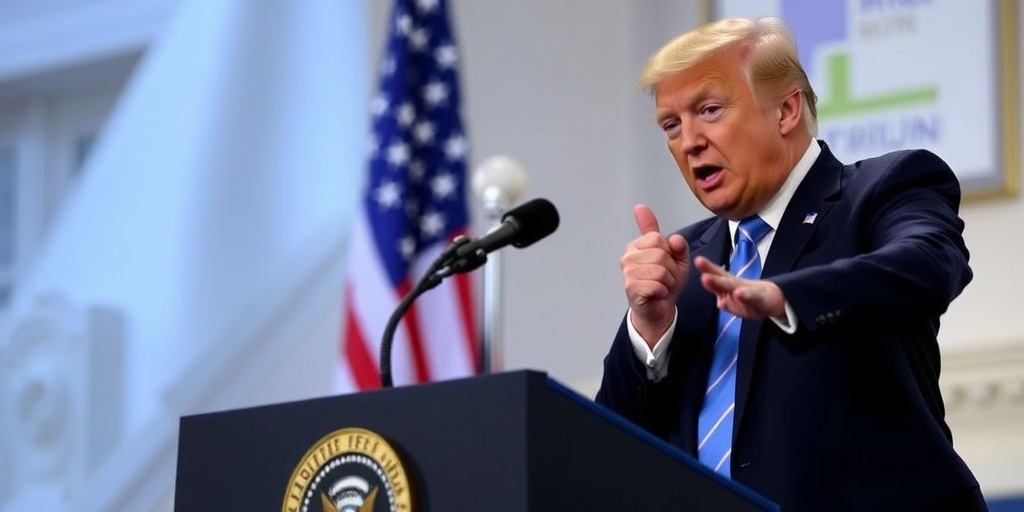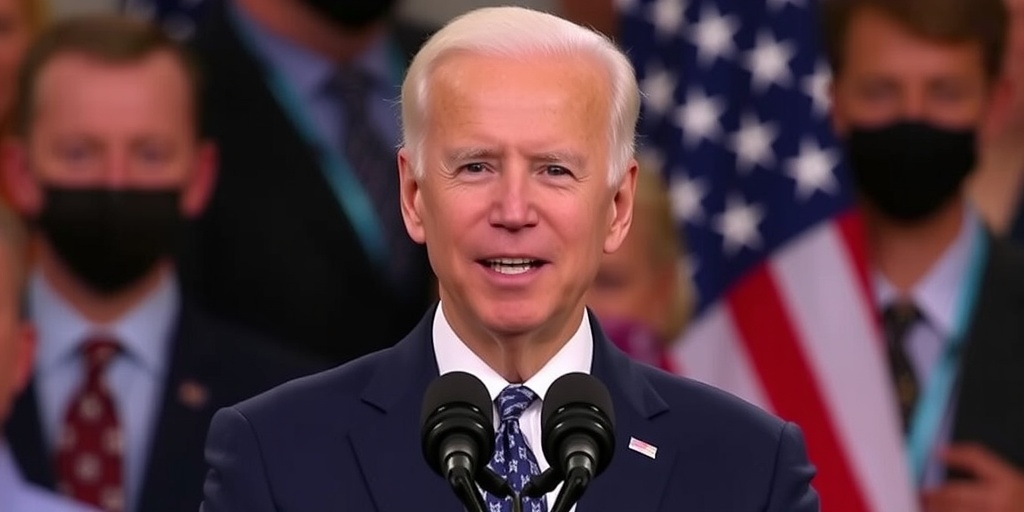Now Reading: Schumer Faces Backlash for Avoiding Shutdown Battle
-
01
Schumer Faces Backlash for Avoiding Shutdown Battle
Schumer Faces Backlash for Avoiding Shutdown Battle
Political Fallout for Chuck Schumer Following Stopgap Bill Decision
Senator Chuck Schumer, the Minority Leader and Democrat from New York, faced significant backlash on Friday after he sided with Republicans to advance a stopgap spending bill aimed at preventing a government shutdown. This controversial move drew ire from various factions within the Democratic Party, as many labeled his approach as a regrettable concession to President Trump and the Republican Party.
Prominent House Democrats, including some of the party’s veteran leaders, joined progressive activists in condemning Schumer’s decision. The grassroots group Pass the Torch, known for previously advocating against former President Joseph R. Biden Jr.’s campaign, issued a public statement demanding Schumer step down. They articulated their disappointment, stating, “Chuck Schumer is unwilling and unable to meet the moment…His sole job is to fight MAGA’s fascist takeover of our democracy — instead, he’s directly enabling it.”
The discontent among Democrats was further inflamed when Representative Alexandria Ocasio-Cortez, a high-profile progressive figure, hinted at the possibility of launching a primary challenge against Schumer. In an interview with CNN, she expressed the widespread feeling of "outrage and betrayal" among party members regarding Schumer’s decision on the upcoming spending bill.
Schumer’s move attracted attention from the former President himself, with Trump posting on social media to commend the Senator for his decision to support the bill. Trump remarked, “A non-pass would be a Country destroyer; approval will lead us to new heights. Again, really good and smart move by Senator Schumer.” This praise from Trump further enraged many Democrats who perceive Schumer’s cooperation with Republicans as a misstep in resisting the former President’s agenda.
While some Senate colleagues acknowledged Schumer’s role in shielding party members from difficult votes, the backlash underscored a deep frustration within the party. Many liberal activists and lawmakers are eager for strong leadership that stands against Trump’s policies and behavior. The sentiment in the party suggests that there is little appetite for compromise, especially in moments when progressives feel their values are under threat.
Former Speaker Nancy Pelosi, who collaborated closely with Schumer in the past, also appeared to dissent from his strategy. Though she did not mention him by name, her statement criticized the false dilemma posed by Trump and Elon Musk, asserting that a government shutdown is not the only alternative to surrendering to harmful cuts. She lauded House Democratic Leader Hakeem Jeffries and his colleagues for maintaining a united front against the legislation.
House Democrats celebrated their success in rallying opposition against the funding bill, which came to a head earlier in the week. With Republicans united in favor of the measure, the Democrats lacked the votes needed to block it. This scenario highlighted the fundamental differences in strategy between the House, where Democrats can effectively oppose measures, and the Senate, where procedural challenges complicate such dynamics.
Several Senate Democrats, while privately supporting Schumer, understood the complexities of the situation he faced. Senator John Hickenlooper of Colorado recognized the difficulty of Schumer’s position, stating, “He made a real, hard decision.” Hickenlooper and others expressed respect for Schumer’s efforts to navigate a perilous political landscape while balancing the views of a diverse Democratic base.
Some Senate members believed that Schumer had a point when he emphasized the potential consequences of a government shutdown, where the Trump administration could leverage such a scenario to categorize entire agencies and programs as “nonessential.” The discussion around strategy and tactics illuminated the obstacles Democrats must confront in maintaining party unity against opposition threats.
Senator Alex Padilla from California acknowledged the bind Schumer was in, emphasizing that it was a complicated decision. Meanwhile, Senator Elizabeth Warren vocally criticized the spending bill for its potential cuts to social services and health care provisions for the vulnerable, but stopped short of placing direct blame on Schumer.
In Schumer’s defense, he framed his decision as a pragmatic approach designed to keep the focus on protecting crucial social programs like Social Security, Medicare, and Medicaid from imminent GOP efforts to dismantle them. He argued that a government shutdown would divert attention from these critical battles and become a costly distraction for the party at large.
As the fallout from this significant decision continues to unfold, it is clear that Schumer’s leadership and strategy will be scrutinized closely by both allies and opponents within the Democratic Party. The narrative of party unity against Republican opposition hangs in the balance as the political landscape evolves ahead of upcoming electoral contests.
Stay Informed With the Latest & Most Important News
Previous Post
Next Post
-
 01New technology breakthrough has everyone talking right now
01New technology breakthrough has everyone talking right now -
 02Unbelievable life hack everyone needs to try today
02Unbelievable life hack everyone needs to try today -
 03Fascinating discovery found buried deep beneath the ocean
03Fascinating discovery found buried deep beneath the ocean -
 04Man invents genius device that solves everyday problems
04Man invents genius device that solves everyday problems -
 05Shocking discovery that changes what we know forever
05Shocking discovery that changes what we know forever -
 06Internet goes wild over celebrity’s unexpected fashion choice
06Internet goes wild over celebrity’s unexpected fashion choice -
 07Rare animal sighting stuns scientists and wildlife lovers
07Rare animal sighting stuns scientists and wildlife lovers



















